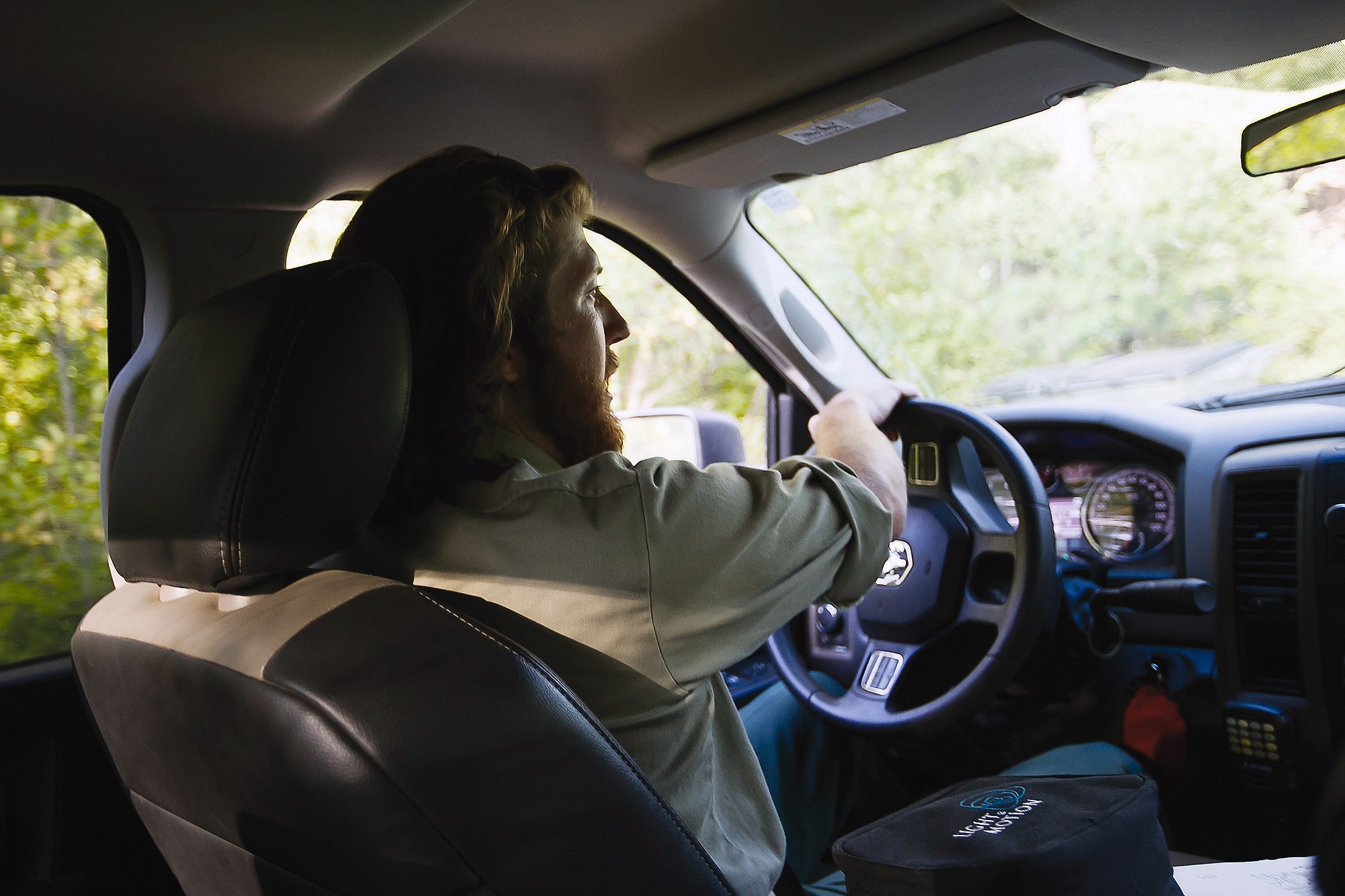NACHES — On a recent evening, Heather Appelhof climbed into a pickup and headed out on a mission mixing education and enforcement.
As a forest protection officer for the Naches Ranger District, her job these days is to ensure that visitors forgo one of camping’s most time-honored traditions: the campfire.
It’s no secret that blistering temperatures, a nonexistent snowpack and no rain have turned much of the state’s wildlands into tinderboxes.
Many, however, don’t seem to know that campfires have been banned for nearly a month across the entire Okanogan-Wenatchee National Forest, including the Naches District.
On a recent weekend, Appelhof and others conducting fire patrols found about a dozen people violating the ban.
Many people say they’re unaware of the restriction, even though it is posted at the Naches Ranger Station and on signs at various campgrounds, Appelhof said.
The violations are so numerous Forest Service officials warned Friday that they will consider shutting down access to parts or even the entire district if problems continue.
Appelhof is part of fire patrols that cover 32 developed and countless “dispersed” campsites stretching from the crest of the Cascades east to the junction of U.S. Highway 12 and state Route 410.
Part of the problem with compliance, she said, is that some campers are from the damper west side of the state, where fire restrictions were less strict and they don’t check the rules for the east side.
At one campsite, Appelhof said she found campers who thought they were being responsible because they were using a wood-burning camping stove to contain their fire instead of burning in a fire pit.
The stove, she explained, still posed a danger because it could emit embers, and hot ash from the stove could start a fire if not properly handled.
At another campground, she had to tell campers to douse their citronella candle because it uses liquid fuel and not pressurized gas.
When a citation has to be issued, the fines start at $225, and can go up from there, Appelhof said. But, she points out, that is less than Yakima County’s $1,000 fine for illegal burning.
Most people are understanding when they learn why the ban is in place, Appelhof said.
While campers are supportive of the safety measure, some miss the fun of sitting around a campfire.
Rosalie Chavez, a Yakima resident who was camping with her family last week at the Windy Point campground on the banks of the Tieton River, said she supports the ban, even though it means the family must roast hot dogs and make s’mores over a propane burner instead of a camp fire.
“It’s good for safety,” Chavez said. “We want to keep it nice out here.”



